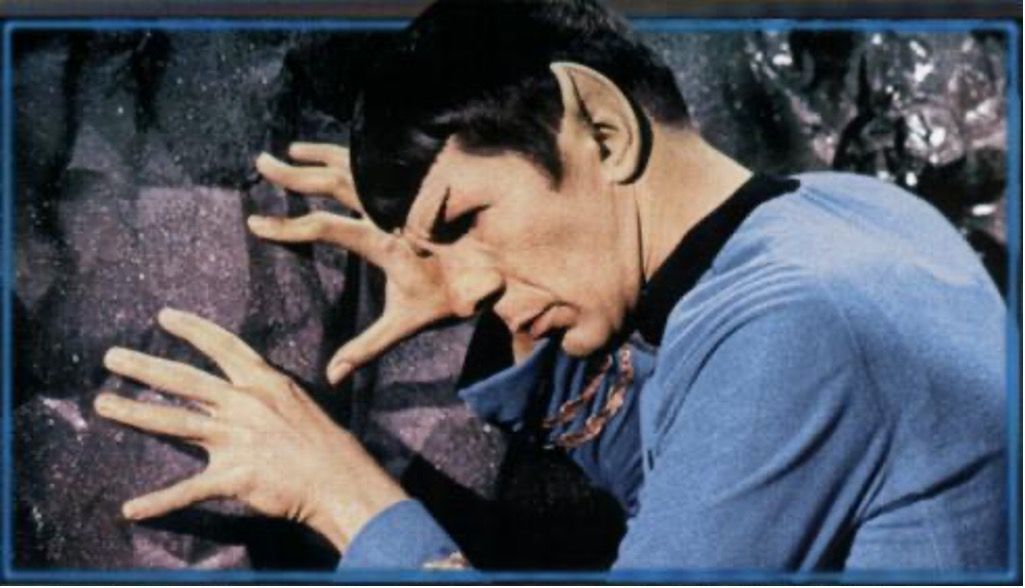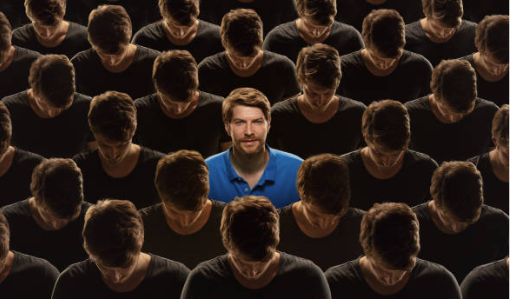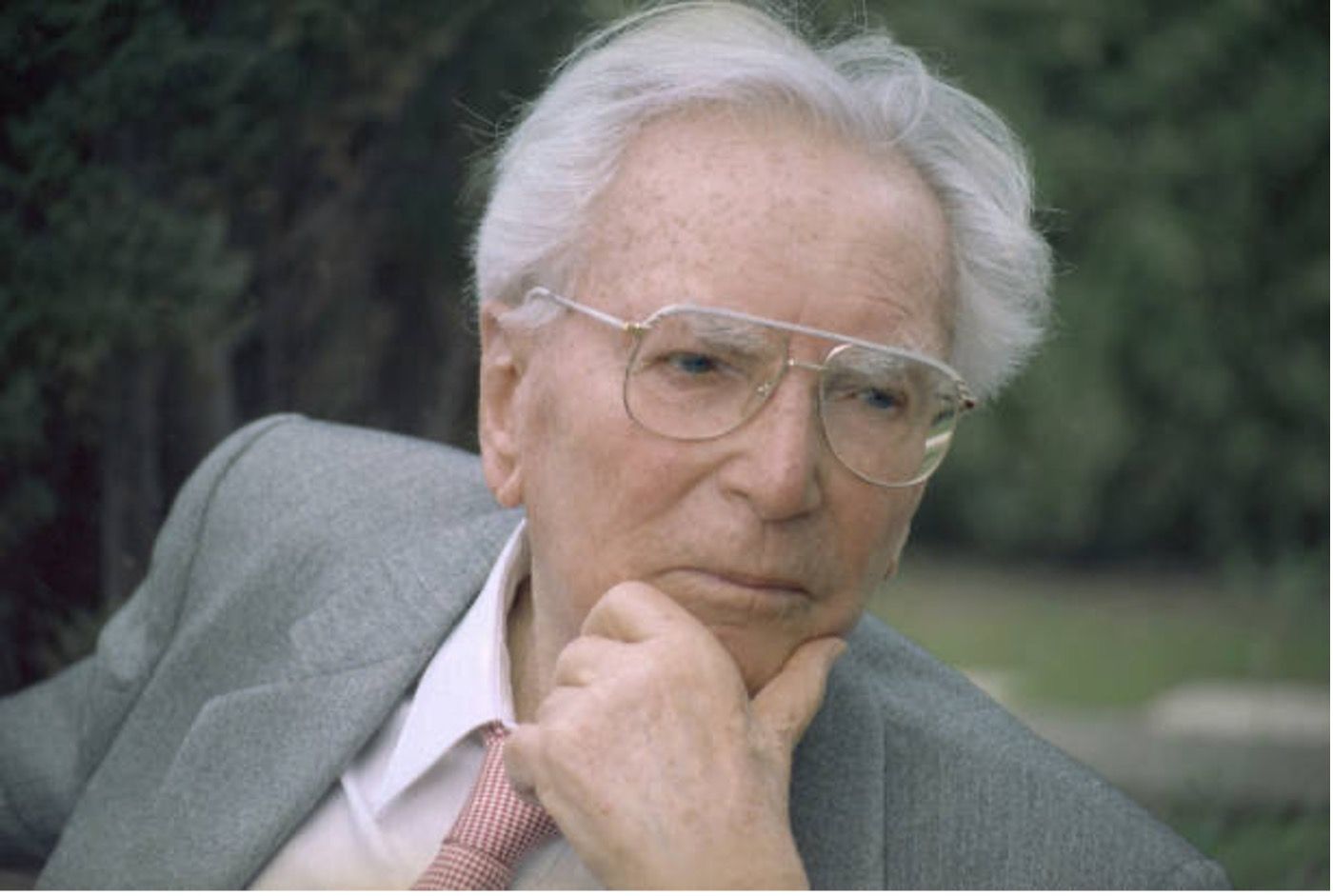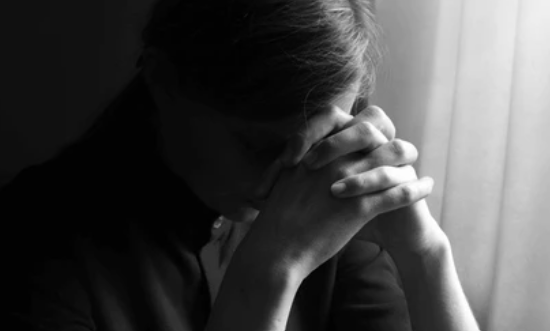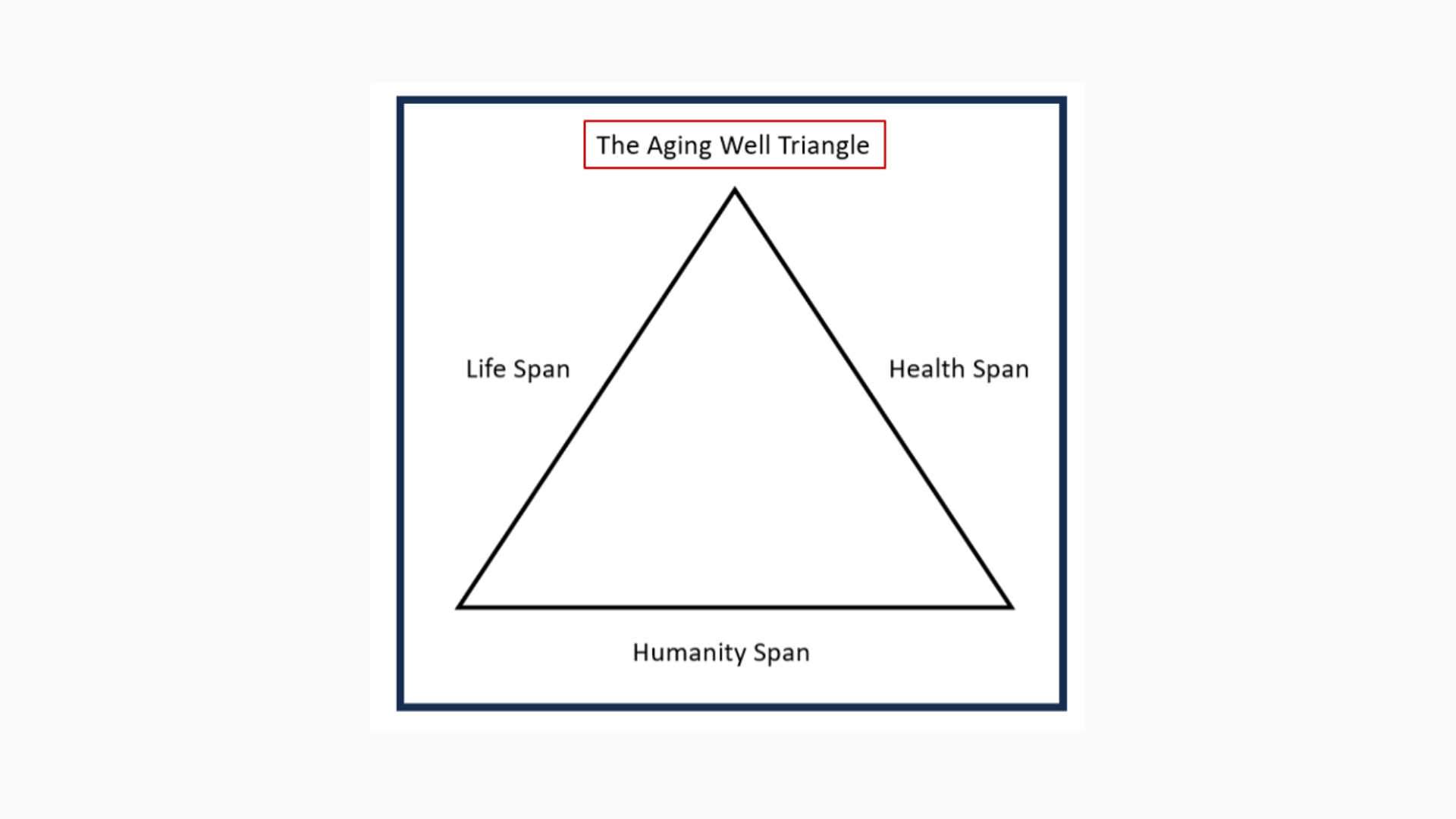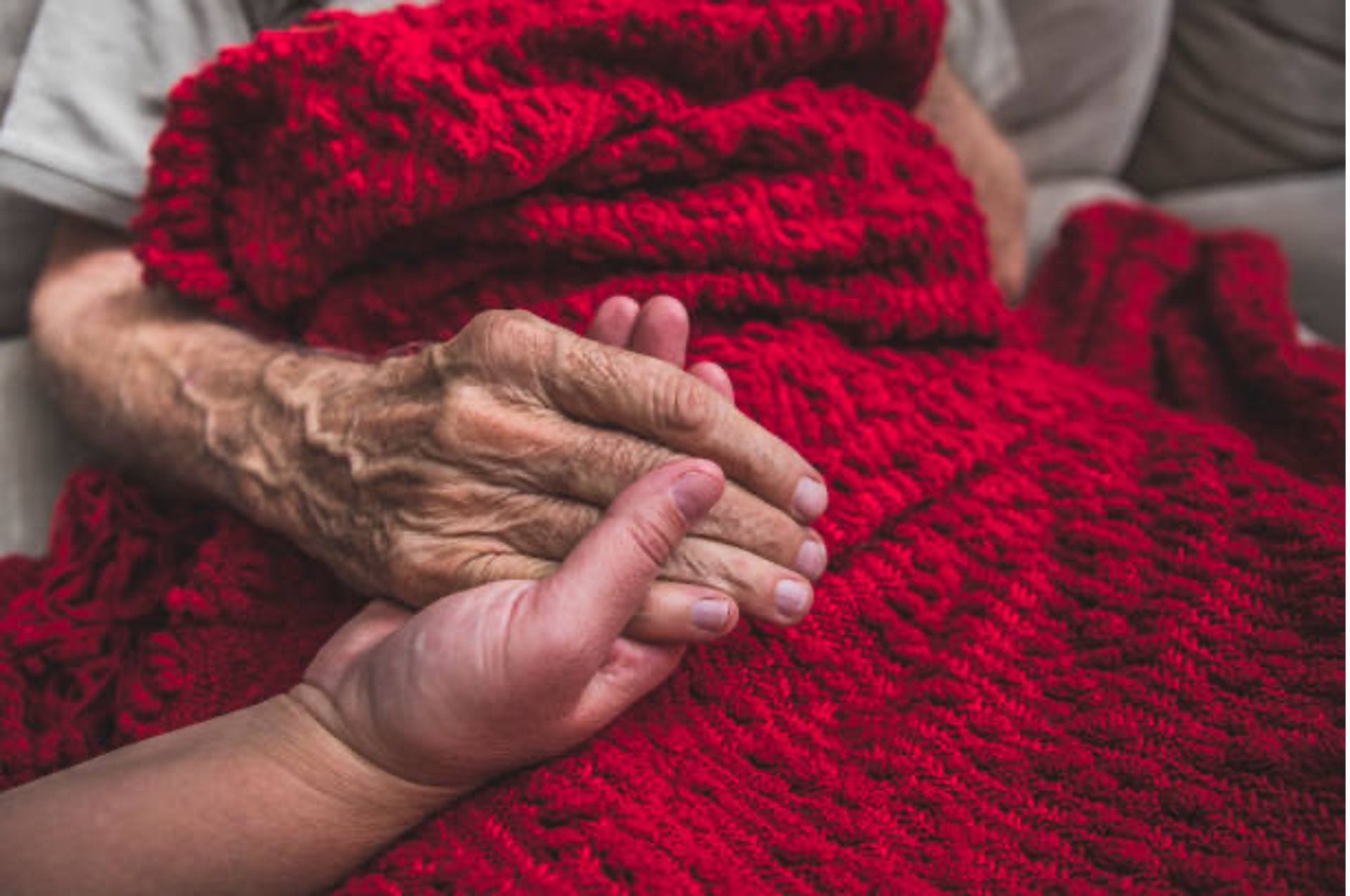THE IMPACT OF AGING STEREOTYPES ON HEALTH EXPECTANCY
Mattering is the feeling of being important to others in ways that give you an experience of being valued, a sense people care about you. Conversely, when you feel you don’t matter, you have an experience of being expendable and disposable, valueless, and invisible.
Mattering applies to people of all ages and vastly different backgrounds and cultures. In fact, it’s universal, mattering gives people a sense of relevance from cradle to the grave.
Not mattering is present among people who feel marginalized and left behind. In our Western culture, not mattering increases throughout late aging, regardless of race or socioeconomic status.
All the thoughts and feelings resulting from not mattering increasingly manifest themselves throughout the later stages of life – irrelevant, worthless, useless. So, at late age, you find yourself extraneous.
The quote above from Nancy Schlossberg from her seminal work on mattering versus marginalization; "Even though people can and do differ enormously, they share a need to feel valued and significant to other people who care about them. They also share a basic need to feel connected to other people and feel a sense of fit rather than feeling like a misfit."
Our Contemporary Elder approach for this incapacitating older adult dilemma of irrelevance is to consciously shift from mattering to and for others, to mattering for oneself. This is an essential part of our older to elder work. To no longer need to see yourself through others’ eyes. To live your own unique purpose, create your own future, and commit to leaving a legacy – a legacy that others carry forward. This path has you matter.
Mattering to oneself doesn’t stop aging, but it powerfully influences how you age.
ENHANCING SELF RATHER THAN DEPLETING SELF
A growing body of research has questioned the assumption that the aging process can be explained exclusively as a physiological process of inevitable decline. Instead, a psychosocial research approach to aging considers that aging stereotypes – beliefs, attitudes, and feelings about aging - substantially and directly affect aging and have direct consequences.
Stereotype internalization is a model that proposes that age stereotypes are internalized into self-perceptions of aging. What older adults believe about their aging, the controlling lens through which aging is experienced has been shown to reliably predict health outcomes.
According to internalization studies, the healthcare system can predict health outcomes by gauging the influence of adopting certain beliefs about aging. Their findings, consistently demonstrate that people with
stereotypical beliefs about aging, consider their functional decline as an inevitable part of their aging process, which has them consider health- related behaviors useless.
The stereotypical conversations about aging leave people resigned to the fate of decrepitude – weak, infirm, feeble.
These internalization studies regularly demonstrated those with a more conscious and positive belief system about aging are far more engaged in healthy behaviors, such as being significantly more physically active.
Overriding the existing stereotypical beliefs about aging and generating a new storyline has significant positive health outcomes for individuals as well for the entire health care system.
Our work for becoming an elder recontextualizes these self-depleting stereotypical internal thoughts and associated emotions. Creating and living into a newly created purpose, standing firmly in a difference-making vision, striving to bring what elders have provided for centuries to people, businesses, families, and communities, soundly supersedes these self- defeating thoughts and emotions.
CONCLUSION
There is a substantial difference between Life Expectancy and Health Expectancy. Life expectancy in our culture has risen to nearly 90-years of age. Whereas Health expectancy resides just below 67-years of age. This 23-year gap is when health substantially declines. Chronic issues exacerbate - cardiovascular, cancer, diabetes, kidney disease, dementia, Alzheimer’s, depression, become much more assertive and aggressive.
Comorbidities surge. Morbidity is hastened. These 23-years are the most expensive for the healthcare system. Eighty percent of the healthcare dollar is spent in this gap - $3.2 trillion dollars and increasing.
Our work, only case studies right now, in eldering continues to validate that transforming older adults into elders has a dramatic impact on the health of this late-age adult population. Our belief is literally billions would be saved. Health Expectancy would rise dramatically and come much closer to
reaching Life Expectancy. Furthermore, elders would be able to directly contribute to the well-being of others which would be tremendous value added to our communities and institutions.
Our Western culture prevents mattering from occurring in late aging. The attempt to change the youth-oriented, productivity-driven, profit-churning, performance focus and ego-centric fabric of this culture is not the answer. Transforming older into an elder is our solution.
Dr. Cooper is a recognized elder in a number of professional, social, and tribal communities. His ability to distinguish elder so it is clearly understood, and experienced, as well as presenting his four-fold pathway from older to elder, is his purpose, his vision, and his legacy. Dr. Cooper is available to speak about becoming an elder. If of interested for your group, community, or organization - www.requestingwisdom.com/CONTACT
Mattering is the feeling of being important to others in ways that give you an experience of being valued, a sense people care about you. Conversely, when you feel you don’t matter, you have an experience of being expendable and disposable, valueless, and invisible.
Mattering applies to people of all ages and vastly different backgrounds and cultures. In fact, it’s universal, mattering gives people a sense of relevance from cradle to the grave.
Not mattering is present among people who feel marginalized and left behind. In our Western culture, not mattering increases throughout late aging, regardless of race or socioeconomic status.
All the thoughts and feelings resulting from not mattering increasingly manifest themselves throughout the later stages of life – irrelevant, worthless, useless. So, at late age, you find yourself extraneous.
The quote above from Nancy Schlossberg from her seminal work on mattering versus marginalization; "Even though people can and do differ enormously, they share a need to feel valued and significant to other people who care about them. They also share a basic need to feel connected to other people and feel a sense of fit rather than feeling like a misfit."
Our Contemporary Elder approach for this incapacitating older adult dilemma of irrelevance is to consciously shift from mattering to and for others, to mattering for oneself. This is an essential part of our older to elder work. To no longer need to see yourself through others’ eyes. To live your own unique purpose, create your own future, and commit to leaving a legacy – a legacy that others carry forward. This path has you matter.
Mattering to oneself doesn’t stop aging, but it powerfully influences how you age.
ENHANCING SELF RATHER THAN DEPLETING SELF
A growing body of research has questioned the assumption that the aging process can be explained exclusively as a physiological process of inevitable decline. Instead, a psychosocial research approach to aging considers that aging stereotypes – beliefs, attitudes, and feelings about aging - substantially and directly affect aging and have direct consequences.
Stereotype internalization is a model that proposes that age stereotypes are internalized into self-perceptions of aging. What older adults believe about their aging, the controlling lens through which aging is experienced has been shown to reliably predict health outcomes.
According to internalization studies, the healthcare system can predict health outcomes by gauging the influence of adopting certain beliefs about aging. Their findings, consistently demonstrate that people with
stereotypical beliefs about aging, consider their functional decline as an inevitable part of their aging process, which has them consider health- related behaviors useless.
The stereotypical conversations about aging leave people resigned to the fate of decrepitude – weak, infirm, feeble.
These internalization studies regularly demonstrated those with a more conscious and positive belief system about aging are far more engaged in healthy behaviors, such as being significantly more physically active.
Overriding the existing stereotypical beliefs about aging and generating a new storyline has significant positive health outcomes for individuals as well for the entire health care system.
Our work for becoming an elder recontextualizes these self-depleting stereotypical internal thoughts and associated emotions. Creating and living into a newly created purpose, standing firmly in a difference-making vision, striving to bring what elders have provided for centuries to people, businesses, families, and communities, soundly supersedes these self- defeating thoughts and emotions.
CONCLUSION
There is a substantial difference between Life Expectancy and Health Expectancy. Life expectancy in our culture has risen to nearly 90-years of age. Whereas Health expectancy resides just below 67-years of age. This 23-year gap is when health substantially declines. Chronic issues exacerbate - cardiovascular, cancer, diabetes, kidney disease, dementia, Alzheimer’s, depression, become much more assertive and aggressive.
Comorbidities surge. Morbidity is hastened. These 23-years are the most expensive for the healthcare system. Eighty percent of the healthcare dollar is spent in this gap - $3.2 trillion dollars and increasing.
Our work, only case studies right now, in eldering continues to validate that transforming older adults into elders has a dramatic impact on the health of this late-age adult population. Our belief is literally billions would be saved. Health Expectancy would rise dramatically and come much closer to
reaching Life Expectancy. Furthermore, elders would be able to directly contribute to the well-being of others which would be tremendous value added to our communities and institutions.
Our Western culture prevents mattering from occurring in late aging. The attempt to change the youth-oriented, productivity-driven, profit-churning, performance focus and ego-centric fabric of this culture is not the answer. Transforming older into an elder is our solution.
Dr. Cooper is a recognized elder in a number of professional, social, and tribal communities. His ability to distinguish elder so it is clearly understood, and experienced, as well as presenting his four-fold pathway from older to elder, is his purpose, his vision, and his legacy. Dr. Cooper is available to speak about becoming an elder. If of interested for your group, community, or organization -
www.requestingwisdom.com/CONTACT
